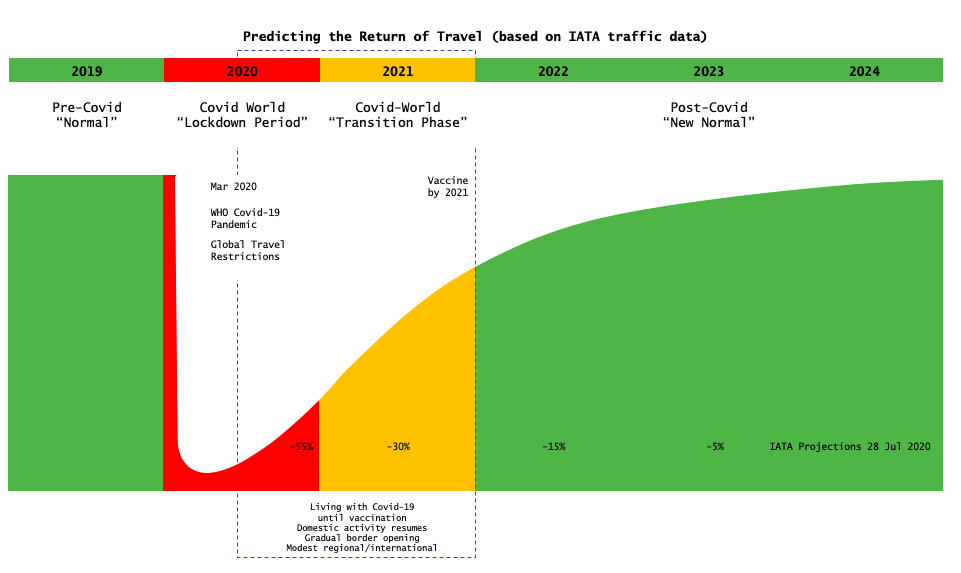When choosing an interpreter, it’s always a good idea to go through a registered agency to source a recognised professional. To check the quality of the service, ask prospective agencies for three things: an event resumé, the resumé of the interpreter and references and testimonials.
First, you have to decide if you want consecutive or simultaneous interpretation. Then scan through the company’s event resumé and look for events similar to the one you are holding. Ask the agency for the resumé of the interpreter who was hired for the particular event as well as feedback or testimonials from the client.

Negotiation
Charges usually depend on two factors: the language combination and the duration. In cases where the job involves interpretation between locally-used or official languages, the fee is typically set at a fixed basic rate. For example, English to and from Cantonese would be a fixed rate in Hong Kong, where these languages are the lingua franca. However, the cost for an interpreter to provide the same language combination in Thailand would be much higher.
Consider, for example, holding an event in Macau. If you request an English/Cantonese speaker, the interpreter will be sourced locally and you will be charged a standard day rate. But it’s likely that an English/Thai interpreter would have to be sourced from his or her home country. As a result, you would also have to factor in plane tickets, accommodation and a daily allowance.
It is usually cheaper to book an interpreter for the day, rather than paying by the hour. The minimum charge is half a day, so you might as well use the interpreter during media interviews after the event. This will, in turn, add to the overall success of your event.
Bear in mind that most interpreters will only work within their designated field (either simultaneous or consecutive), so don’t be surprised if your interpreter refuses to handle a request outside his or her field.
Finally, most agencies grade their interpreters in two categories: A and B. Grade A are usually the best interpreters, with professional experience, whereas Grade B are usually fresh graduates who have the skills, but not necessarily the experience. Of course, the rate difference between the two is noteworthy.
Grade A interpreters are essential for any high-profile or high-pressure event and important business negotiation. It may not be worth saving a little with a Grade B interpreter on an occasion that is of great value to your company.
Quality
If your event is going to run for more than one hour, it’s advisable to get a second interpreter. In fact, the international standard for solo simultaneous interpretation is 60 minutes.
After 45 minutes of simultaneous interpretation the interpreter’s accuracy and concentration usually drops, as they get tired. A second interpreter can then take over. Since they work as a team, they usually change roles when the speakers change and, since they keep listening in, they will use the same vocabulary. Changing regularly will keep them fresh and interested and maintain the quality of their work.
You may think that if you’re only employing one interpreter, you will pay half, but in fact you can only save about 25 percent, as the rate of a solo interpreter is about 25 percent higher.
Timothy McClenahan is director of Poema Language Services based in Macau


